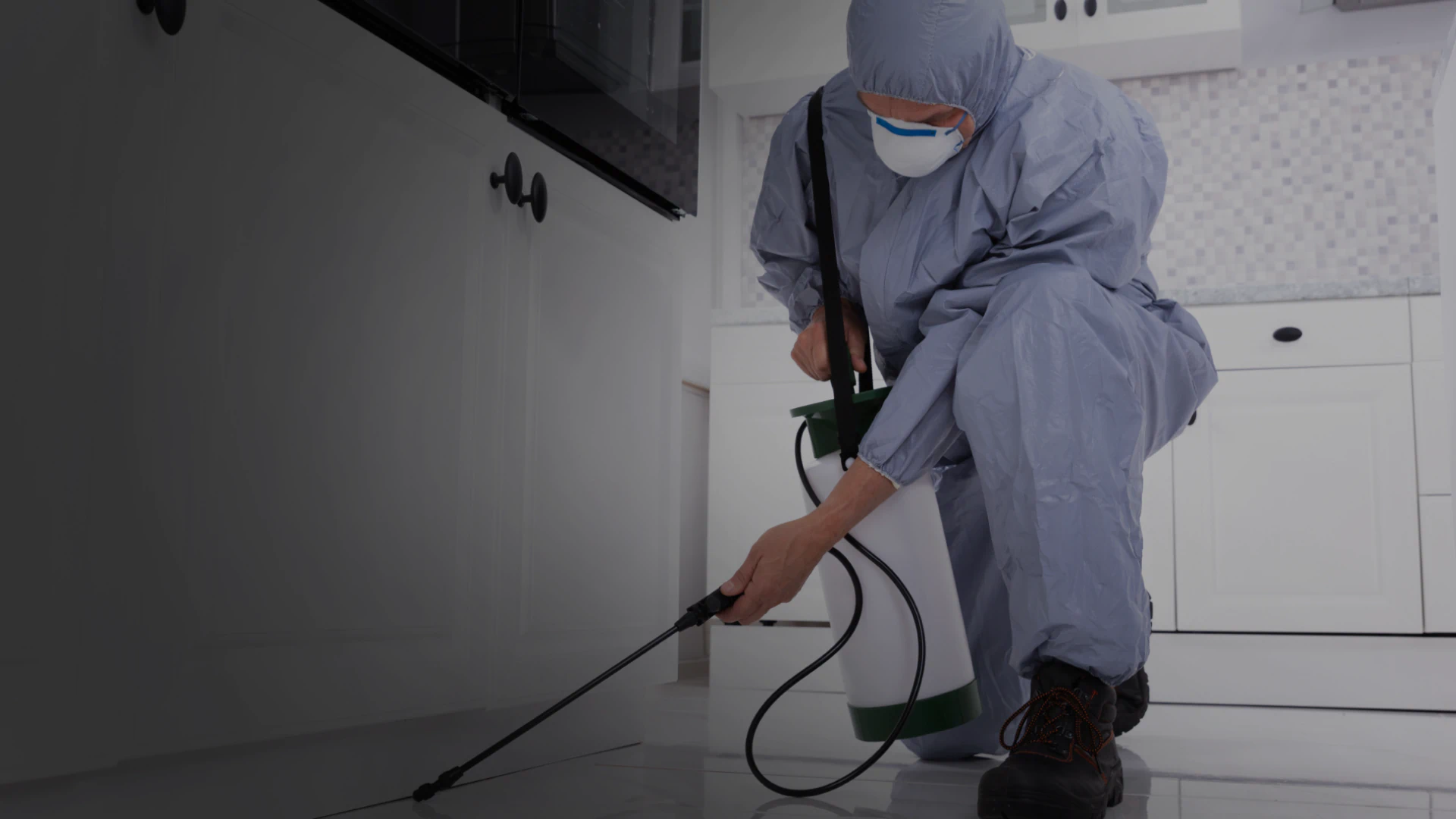Reliable Bed Bug Treatment: Eliminate Infestations Safely!
Reliable Bed Bug Treatment: Eliminate Infestations Safely!
Blog Article
Specialist Bug Control Techniques for Long-Term Results
Specialist pest control techniques encapsulate a thorough strategy that begins with an extensive examination and analysis, followed by accurate bug recognition to understand their behavior patterns. The implementation of Integrated Insect Administration (IPM) principles, combined with eco-conscious therapies, creates the cornerstone of sustainable bug eradication.
Evaluation and Evaluation
Upon getting in a building for insect control solutions, the first action is a thorough evaluation and assessment to identify the extent of the infestation and identify the most effective therapy strategy. Expert insect control service technicians are educated to meticulously take a look at the facilities, searching for signs of pest task such as droppings, chomp marks, nests, or any type of structural damage. They will certainly additionally evaluate the conditions that might be drawing in insects, such as food sources, water leakages, or entrance points.

Parasite Identification and Habits

Furthermore, comprehending the habits of the determined bug is crucial to applying reliable control actions. As an example, understanding where bugs nest, what they feed on, and their activity patterns can assist pest control specialists design techniques to remove them successfully. Some insects might be nocturnal, while others are a lot more energetic throughout the day. This expertise allows for the application of therapies at optimal times for maximum effectiveness.
Integrated Pest Administration (IPM)
Integrated Pest Administration (IPM) strategies integrate multiple methods to regulate and avoid parasite invasions in a lasting and eco-friendly fashion. pest control. By integrating techniques such as organic control, habitat control, alteration of cultural techniques, and the usage of immune selections, IPM intends to reduce using chemical pesticides
One of the crucial principles of IPM is the emphasis on avoidance. This proactive strategy involves surveillance pest populations regularly to detect any kind of potential concerns prior to they rise. By identifying pest problems beforehand, pest control actions can be implemented quickly and efficiently.
In addition, IPM promotes the use of non-toxic pest control methods whenever possible. This can consist of employing all-natural predators of the parasites, introducing advantageous insects, or using pheromones to interfere with mating patterns. By minimizing reliance on chemical pesticides, IPM not only safeguards the setting however additionally helps keep a balance in the environment.
Environmentally-Friendly Therapies
Carrying out eco-conscious strategies in bug control treatments can successfully address invasions while prioritizing ecological sustainability. Environmentally-friendly therapies focus on minimizing the impact of bug control techniques on environments, non-target organisms, and human health. These approaches often entail making use of natural killers, such as ladybugs or nematodes, to control pest populaces, minimizing the need for chemical treatments. Furthermore, techniques like habitat adjustment, such as changing moisture levels or getting rid of food resources, can aid hinder bugs without the use of damaging compounds.
One more key facet of environmentally-friendly treatments is using natural and naturally degradable items that damage down promptly without leaving dangerous deposits in the environment. Agricultural insecticides stemmed from plants like chrysanthemums or neem supply efficient insect control while posing very little risk to non-target species. Employing approaches like warm therapies or scent catches can target specific parasites with precision, lowering the total environmental impact of parasite control techniques.
Ongoing Surveillance and Maintenance
Routine evaluations by trained professionals are required to determine any indicators of bug activity, assess the efficiency of previous review treatments, and make modifications to the parasite control strategy as required. By keeping an eye on pest populations over time, insect control specialists can track fads, prepare for potential problems, and implement preventative procedures to decrease the risk of future invasions.
In addition to flying ants monitoring, upkeep practices are important for lasting bug control success. This includes implementing proper sanitation steps to remove potential food and water resources for insects, securing off access points to prevent parasites from entering the facilities, and dealing with any structural problems that might facilitate insect infestations (bed bug treatment). By integrating ongoing tracking and maintenance into an incorporated pest management method, businesses can make certain a pest-free setting and secure their property versus costly damages and health threats
Verdict
To conclude, click over here now making use of expert parasite control methods such as comprehensive assessment and analysis, exact bug identification and understanding of their actions, incorporated parasite management approaches, environmentally-friendly treatments, and ongoing surveillance and maintenance are crucial for achieving long-term lead to insect control. By carrying out these methods, individuals can successfully handle pest infestations and maintain a pest-free atmosphere in a lasting fashion.
Report this page